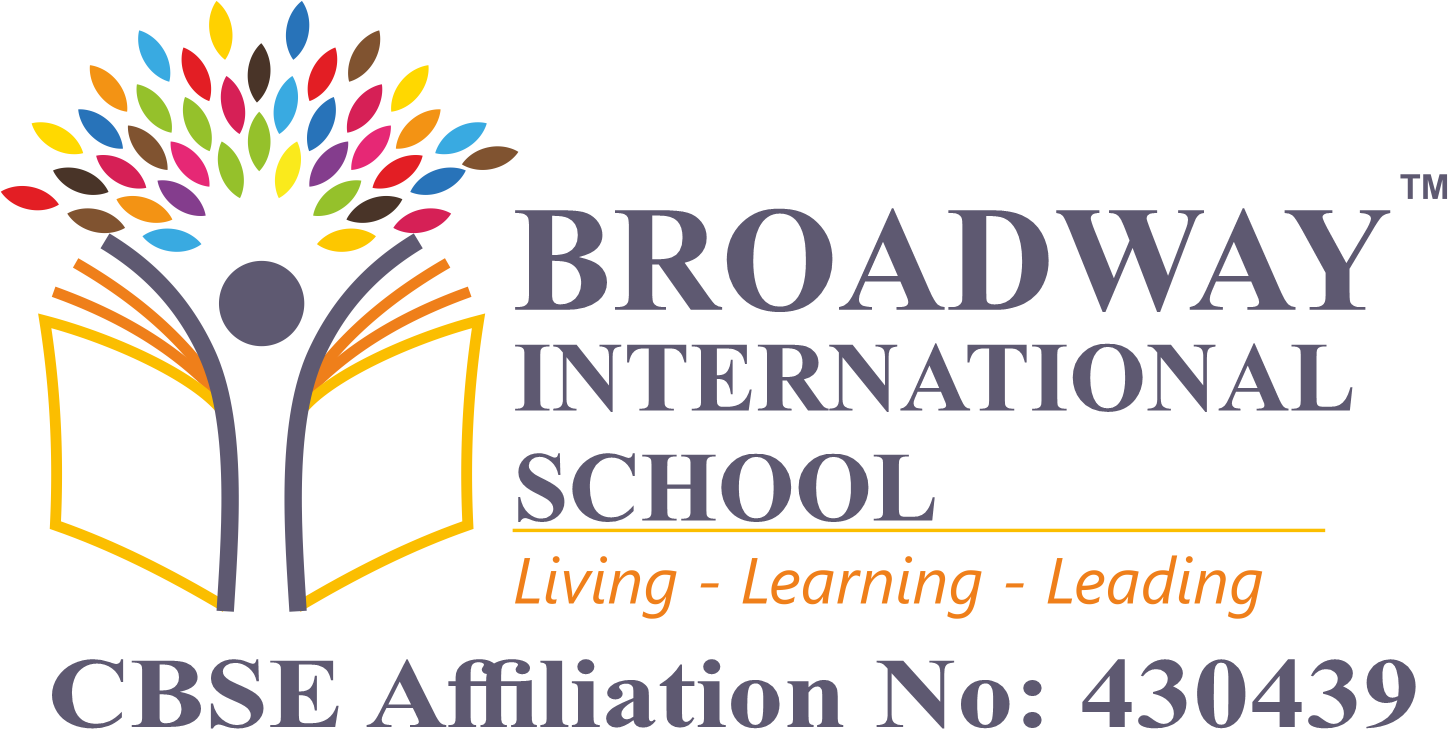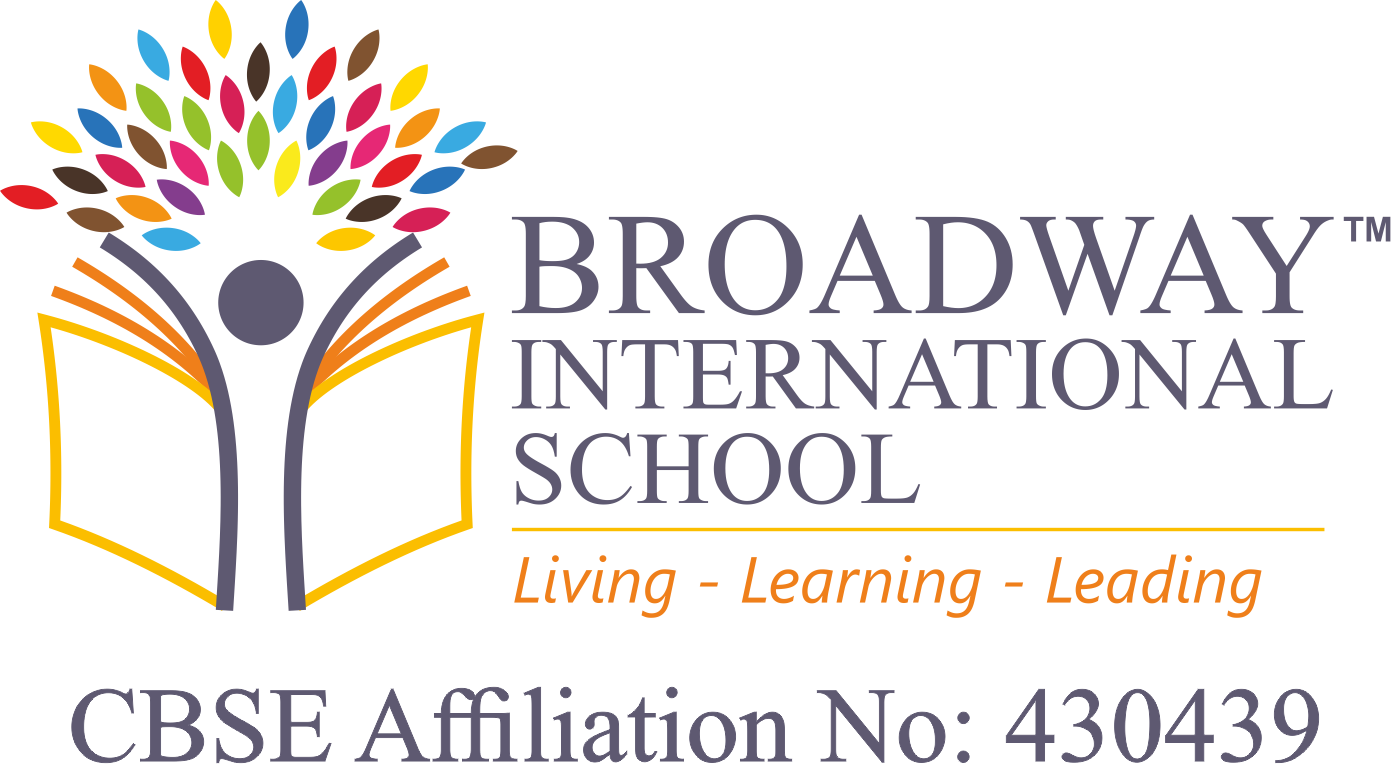Make your child independent learner from this Independence Day onwards
INDEPENDENT LEARNING?
Make your CHILD independent LEARNER from this INDEPENDENCE DAY!
Independent learning is when an individual is able to think, act and pursue their own studies autonomously, without the same levels of support the student receives from a teacher at school.
Why is independent learning important?
Independent learners are Independent Problem Solvers. Need of the time is to nurture more independent learners.
How can a child become independent learner?
Below are 5 simple R’s which you can gradually inculcate in your child life, which will eventually make child an independent learner.
- Responsibility – when a child is given responsibility than child gives his best, as they feel empowered & an individual. Make sure they know that they would be accountable for the outcome. Give them a clear instructions on what to do and how to do it without anyone’s help. The sooner a student becomes responsible for consequences, the less dependent student will be outsider sources for discipline or motivation. Children are blessed with uncanny ability to read, visualize, or kinaesthetically instruct themselves. No matter the topic or subject studies, an independent learner will find ways to understand material/situation through application.
For instances you might want to ask your child to help you out in kitchen, or fold clothes, or put cushions properly in living room, or ask him/her to put their things at right place and arrange their cupboard and so and so forth.
Such actions and activities would make them feel responsible, make them accountable for their stuff and most importantly a responsible learner.
- Routine – Routines are the backbone of daily lifestyle. It facilitates organized living & learning for a students. Routines don’t just make students life easier, but also saves the valuable time in classroom. Moreover, efficient routines make it easier for students to learn and achieve more. When child is carefully thought the procedure or routine then they know what is expected from them and how to do certain things on their own. Having some predictable patterns in place allows teachers and parents to nurture the child in the best way possible.
For instance parents can explain to their respective child that after waking up in the morning, they are supposed to fresh up, brush their teeth, take bath, pray, have breakfast, get ready for school. After coming from school, explain them that after taking some rest and food they are supposed to finish their homework and then go for play outside.
Such routine makes students life simple, organized, and allows them to enjoy the most.
- Recreation – recreational activities helps child to recognize how learning can be fun & leisure at the same time, leaving a positive changes in their life, helping them reduce stress, learn new skills and maintain their optimal health and wellbeing.
For instance marble painting, family tree chart, grandparent biography, travel alphabet, A to Z Scavenger hunt etc.
Such recreational activities will help your child learn new things, expanding their horizons of knowledge and they will have fun too.
- Reflection – is an integral part of learning process. When a child is taught to reflect on their own work by noticing and correcting their mistakes then they realize what went wrong & how next time they should avoid it. Also, they would learn that what sort of behaviours or activities allowed them to be a successful which is a vital part of learning experience and pedagogic practice.
For instance – towards the end of the day inculcate the habit of reflecting on their day. Ask them what all new did they learn, what did they do wrong, where they able to fix it by themselves or took an external help. What was the final outcome? And so on… So they would realize that those 10 minutes spent towards the end of the day are actually one the most meaningful & effective time for them to be a better learner tomorrow.
- Read actively – Your child needs to be an active reader, paying close attention to words and its meaning. Reading is the process in which the written symbols are looked at, processed in our brain and are converted into words, sentences and paragraphs to communicate and derive its meaning. It’s basically a receptive skill which is fundamental to functioning in today’s society. When a child known how to read well than they can help themselves all the time.
For instance, when someone gifts them the new game than they can read the instruction manual by themselves, understand, and play it. Or when they eat or buy their favourite chocolates they can read their packaging and understand its nutritional value.
Such habit helps the child to develop imagination, think & comprehend as well, certainly increasing their knowledge which eventually makes them a great learner, allowing them to perform their best in studies.
So, in the nutshell an independent learner is an effective communicator, a responsible person, and a good student and perhaps this 5 R’s have a major role in moulding a child’s behaviour and making child’s learning process a pleasurable and interesting. Also, encourage them to notice the good changes that you are encountering in them after inculcating these practices. Because, over a period of time all of these will help the child to establish a positive identity in their respective schools and eventually in the society.
-TEAM BROADWAY








